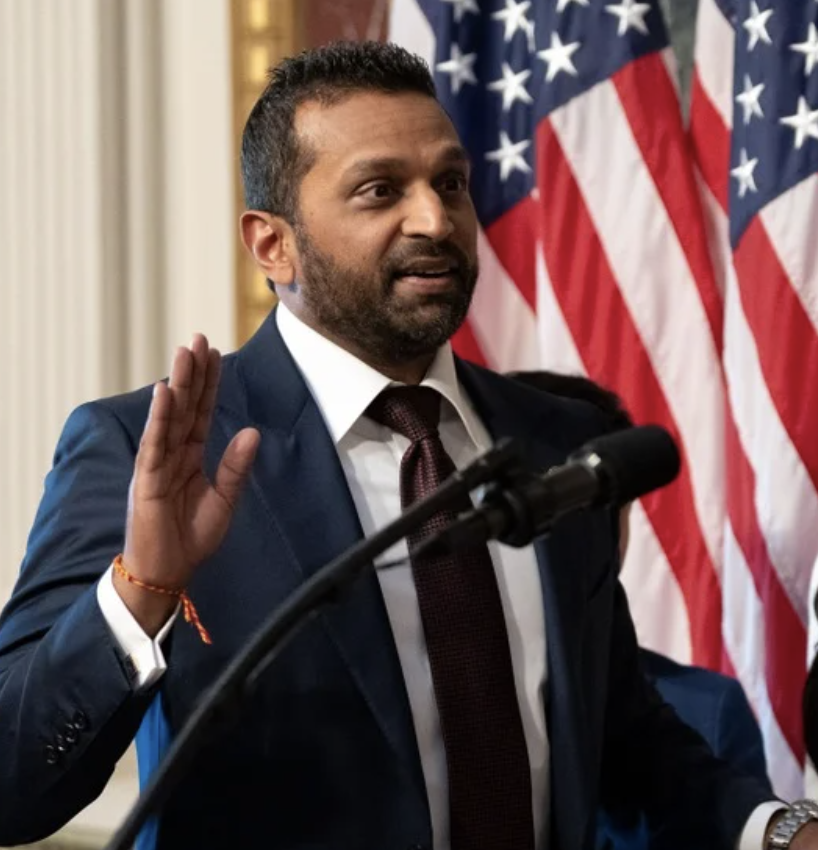By Ross Parker
The decision of where and in what forum—civilian court or military commission—to prosecute Khalid Sheikh Mohammed and his four co-defendants has sparked a political firestorm of debate.
“Conservative” politicians and pundits have managed to cast the debate in terms of rights of enemy combatants versus the legitimate security needs of the United States. In other words, which is more important, the lives of Americans or the rights of terrorists? When put that way, it is easy to tell which hand has the chocolate.
The administration has been dithering and straddling on the issue. Reports have it that the President’s advisers are recommending a shift to the predominant or even exclusive use of military commissions and that his Chief of Staff Rahm Emanuel is discussing a deal with Republican Senator Lindsey Graham.
All of this partisan posturing obscures and politicizes a question which should be decided by law enforcement and Justice Department professionals according to the needs and circumstances of a particular case. Why should we eliminate as an option the criminal justice system which has so successfully resulted in hundreds of double digit prison terms for those convicted of terrorism-related violations?
Some have argued that the terrorism conviction rate in the federal district courts misses the point. However, these numbers are such an overwhelming endorsement of the use of the civilian court system.
Of the approximately eight hundred alleged terrorists charged since 9/11, over five hundred of the less than six hundred whose cases have been resolved have been convicted (almost 90%). About two hundred are still pending. Moreover, the average sentence has been about 16 years. In comparison, the 20 military cases have produced 3 convictions and two of the defendants have already been released. With such statistics, it is difficult to be overly concerned about the procedural disadvantages of the civil system.
The inevitable conclusion is that the FBI and other law enforcement agencies, along with the Justice Department prosecutors have been quite effective in terrorism cases. Their experience and professionalism in the use of intelligence, apprehension of targets, and marshalling of persuasive evidence have been unmatched. Moreover, the civilian court system has proven to be efficient, to possess unquestioned credibility, and to pose few obstacles to the presentation of all relevant evidence.
Are there costs involved in a predominant civil court system option in terrorism cases? Obviously there are, including the financial burden of high security trials and the safety issues posed by the prosecutions and incarcerations of these defendants. But these are simply the price of maintaining a democracy based on the rule of law and individual liberties. And, compared to the alternative, these costs are manageable.
Rejecting the civilian court system presents some serious costs which are not so manageable. Some of these costs are intangible, such as the loss of confidence in the traditional reliance on the rule of law and the separation of powers between the executive and the judiciary. Others are more practical, especially the reduced American credibility and positive relationships with our allies, which are so important to winning the war on terrorism. Extradition decisions, international law enforcement cooperation and our diplomatic efforts on human rights come to mind.
What effect does it have to treat these defendants as enemy combatants rather than accused criminals, as soldiers and warriors rather than mass murderers, to allow them to place the focus on the legitimacy of their cause rather than the nature of their crimes?
Some say that the danger of exposing secret information is too great. The fact is, however, that the risk of disclosure of classified information has simply not been a significant issue in terrorism cases. The Classified Information Procedures Act, though in need of some legislative fine tuning, has effectively enabled federal prosecutors to manage both discovery and trial evidence issues without risk of danger of exposure of sensitive information.
Two decades ago this same fear was expressed in espionage cases, but it has proven not to endanger national security or pose a barrier to effective prosecution. Similarly, the specter of wholesale disclosure of sensitive and legally irrelevant information in terrorism cases is no more than an emotional red herring which obfuscates an intelligent discussion of the real choices to be made.
The military courts have an important role to play in the war against terrorism. No one can question the legitimacy of using this forum on foreign soil or against non-U.S. citizens who are military combatants. Deciding to utilize this system, on a case by case basis, may also prove to be appropriate in other situations.
But the use of our criminal justice professionals and system in the great majority of terrorism prosecutions presents an invaluable opportunity to say to the rest of the world that a free government based on the supremacy of the rule of law will continue to vanquish despotism and anarchy. This is subject which is too important to be left to demagogic politicians hunting for a campaign issue.





2 thoughts on “Justice Dept. & Law Enforcement Should Decide on 9/11 Trial Venue– Not Politicians”